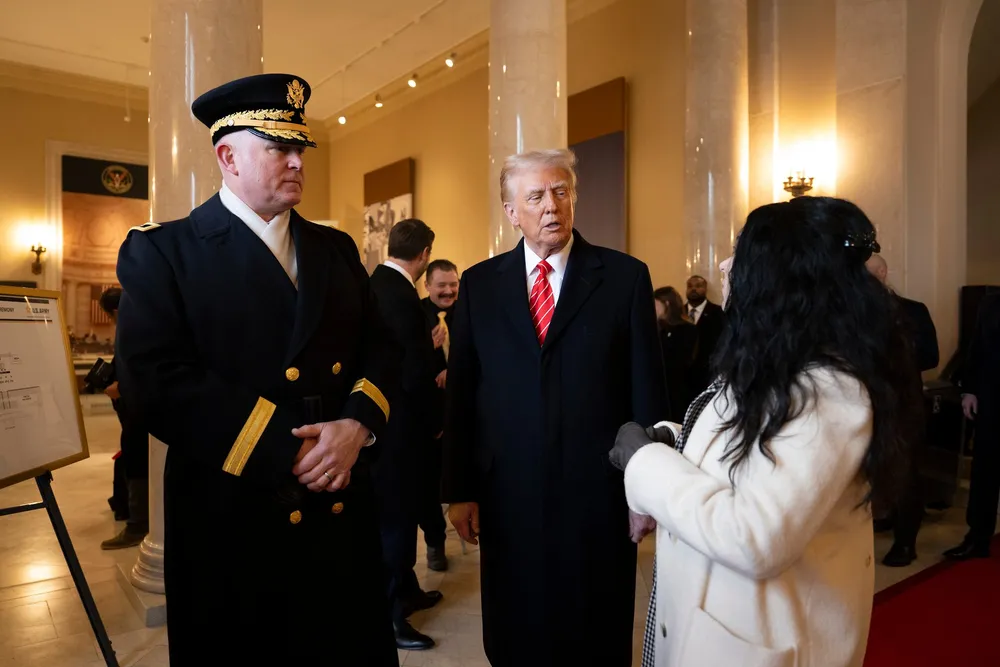Trump offshore wind project reviews injecting uncertainty into US industry
Legal experts tell Recharge that president's targeting of approved capacity doesn't need to survive court challenges to undermine sector

That said, it was confident the 19GW approved under former President Joe Biden was sufficient to kickstart a supply chain while awaiting a friendlier administration in four years.
The new president went one further, however, by putting existing leases and the projects within them under scrutiny to find any “any legal bases for such removal,” according to his executive order (EO).
“One of the toughest risks to allocate in project finance is regulatory risk, change of law,” said Andrew Levine, co-chair of environmental practice at Philadelphia-based las firm Stradley, Ronon, Stevens & Young.
Trump’s post-approval reviews have put that risk “front and centre,” he said. “And in the world of finance and capital, they have stopped progress.”
Trump is not eligible for a third term having served from January 2017 to January 2021.
Oliver Metcalfe, BNEF head of wind research, said in a recent interview that he expects the 6GW of capacity currently in construction is “probably safe” while the remaining capacity, both permitted and in process, is “in limbo pending a DoI [Department of Interior] review.”
“The real game-changer would be any successful move to revoke existing permits or leases,” Metcalfe added.
“It's never really been here before,” he warned.
The added scrutiny towards offshore (and onshore) wind is in stark contrast to other EOs issued by Trump that seek to streamline permitting processes for fossil energy development.
The NEPA-reviews are required for all infrastructure development, and “isolating a particular sector is hard to do, because the consequences ripple all over the place,” said Nolan.
The contradiction will likely land the administration in federal court, said Levine.
“I am confident, and I think I've already seen there's going to be legal challenges to many of these provisions,” he said.
However, the legality of the EO isn’t the point, said Levine. “It's meant to inject instability and uncertainty into that renewable sector market, right at a time when it was most vulnerable to instability,” he said.
(Copyright)